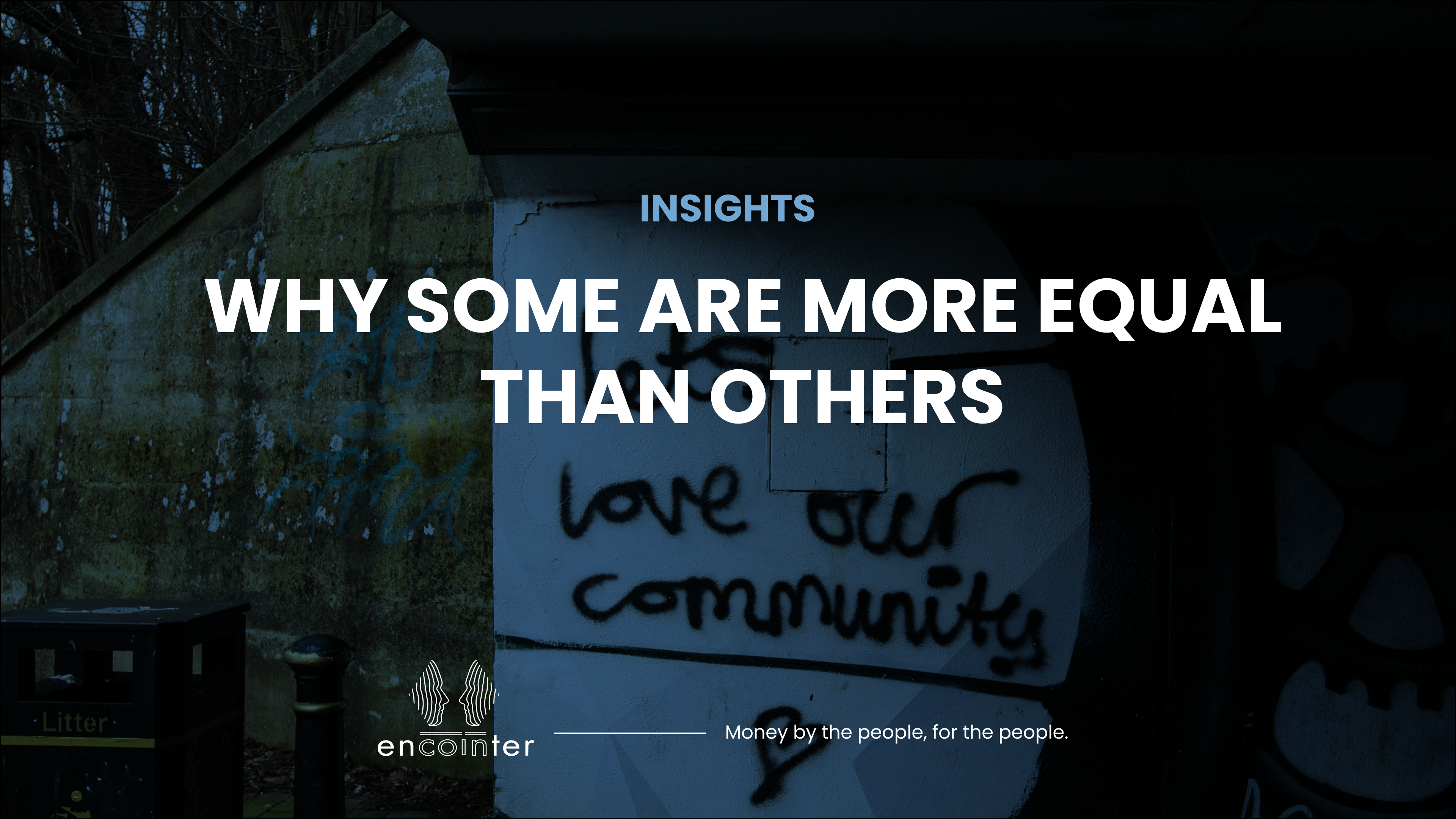To understand inequality, you have to look at asset ownership – including intangibles such as education and job security. And to fight inequality, you have to think beyond redistribution.
Is economic progress really moving in the right direction? We are often told that global inequality is reducing. But in fact, not only is that improvement unequally distributed across regions; within most countries, it is increasing. That is especially true in the most advanced economies. And there’s another, telling wrinkle: income inequality, the most commonly measured indicator, gives only a partial picture – and a very misleading one.
The hollowing out of modern economies
Reductions in measured income inequality often reflect drops in the highest salaries (for instance, slashed bonuses for bankers after the 2008 financial crisis), but rarely is there significant improvement at the bottom end of the income scale. This shows the impact and importance of wealth inequality, which is actually getting worse. In a headline-grabbing statistic, in January Oxfam reported that nearly two-thirds of all new wealth generated globally since 2020 – a total of US$42 trillion – went to the top 1%. Increasingly, income is generated in the form of dividends and other returns that accrue to capital owners, not work-based earnings. Inevitably that means that the rich are getting richer, faster than ever – and as we see a broad market restructuring toward the “gig economy”, part of that wealth gain is coming directly at the cost of job security.
It has been argued that a core asset underpinning middle-class prosperity in the 20th century came in the form of stable jobs that brought attendant benefits such as pensions and health insurance. That employment model is rapidly disappearing, as the “flexibility” of freelance working replaces security. This is a profound change that will drive more and more inequality as gig workers take the brunt of every new economic crisis, and it is contributing to the erosion of the middle class in developed countries.
Wealthy households can weather drops in their income quite well, thanks to savings and other assets; in fact their wealth itself generates income, whatever happens to their jobs. Moreover, when you include less tangible assets, such as education and insurance, it becomes even clearer that asset ownership drives opportunities and social mobility, generating yet more income and securing inter-generational benefits. But poor households have no resilience in the case of lost income.
With the IMF pointing to a “rocky recovery” around the world – in fact, with medium-term forecasts the lowest they have been in decades – the current cost of living crisis is surely only going to get worse. And the reshaping of the job market has seen to it that millions will be worse placed to cope with this trend than ever before.
According to recent McKinsey research, for example, around a third of the US workforce currently identifies as gig workers (whether full- or part-time). That leaves a frightening proportion of the population without a safety net in cases of personal or general crisis – such as the pandemic. On top of that, the Oxfam report points out that for at least 1.7 billion people around the world, inflation is outstripping wage increases, and at least 820 million people are living in hunger.
Bear in mind, too, that inequality reflects both transient and systemic factors, with extreme poverty tied to stubborn structural problems that hold back entire regional populations or segments. Examples include employment barriers for refugees, or cultural and educational restrictions on opportunities for women.
What this means for solutions
In this context, it is interesting to consider this three-by-three matrix for analysis of potential policy interventions to address inequality. One axis represents the income groups mainly targeted by a policy; the other, the economic stages at which interventions can take place. This locates interventions as applying at the pre-production stage (for instance, education and training, or at the top income level, inheritance taxes); the production stage (covering wages, in-work benefits, enterprise support programs and the like); and the post-production stage, which includes social transfers such as housing benefits as well as income and wealth taxes.
Anti-poverty and redistributive efforts tend to target the first and third columns – aiming to improve household circumstances through better preparation for employment, and to redress inequality through taxation. These are the areas of social policies, while the central, production stage is left to economic policies aimed at stimulating growth, without directing that growth toward social goals.
Is there more that can be done in this central economic stage to further social goals? Might this stage lend itself well to grassroots efforts to improve opportunity, and reduce inequality, on the consumption side?
Encointer’s innovative platform aims to empower communities with a democratic tool that distributes an unconditional digital income. The community-governed digital currency can be spent at participating local businesses, giving a boost to the circular economy and enhancing the purchasing power of every Encointer member.
This works in two ways toward the goal of financial inclusion. For merchants, it contributes to business growth. And for households, it enables them to increase consumption, freeing up more of their conventional resources for savings or other spending.
Because Encointer currencies are locally distributed and governed according to community need, they provide resilience against wider economic shocks, especially for gig workers. And because they are freely available to every member, they can help to redress systemic imbalances such as gendered inequality.
Addressing inequality in the modern economic order will demand understanding of the structural factors at play, especially the concentration of wealth and erosion of job security. Creative thinking that aims to support prosperity for an entire community, and ensure equitable access to consumption opportunities, must play a part. And Encointer is here to help.


